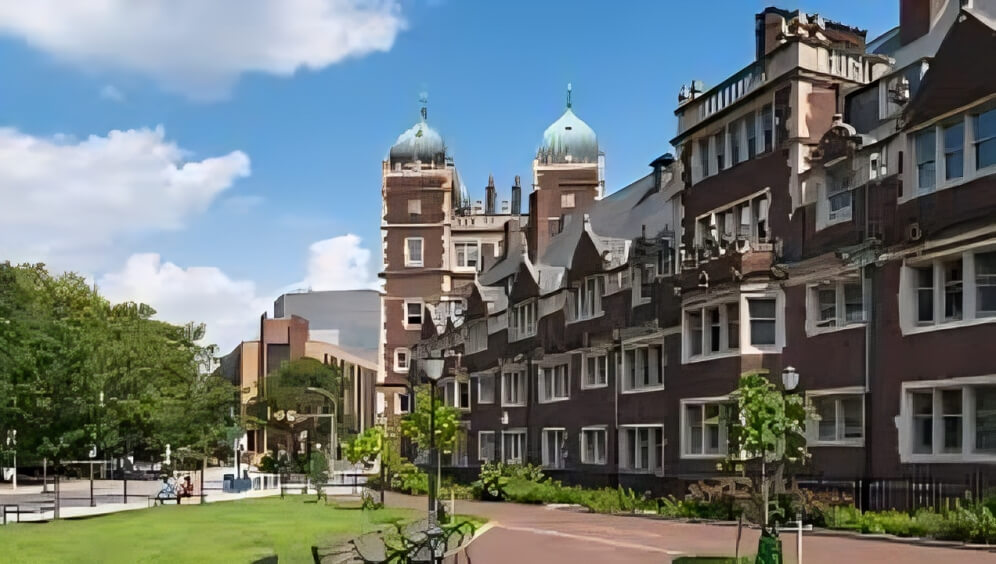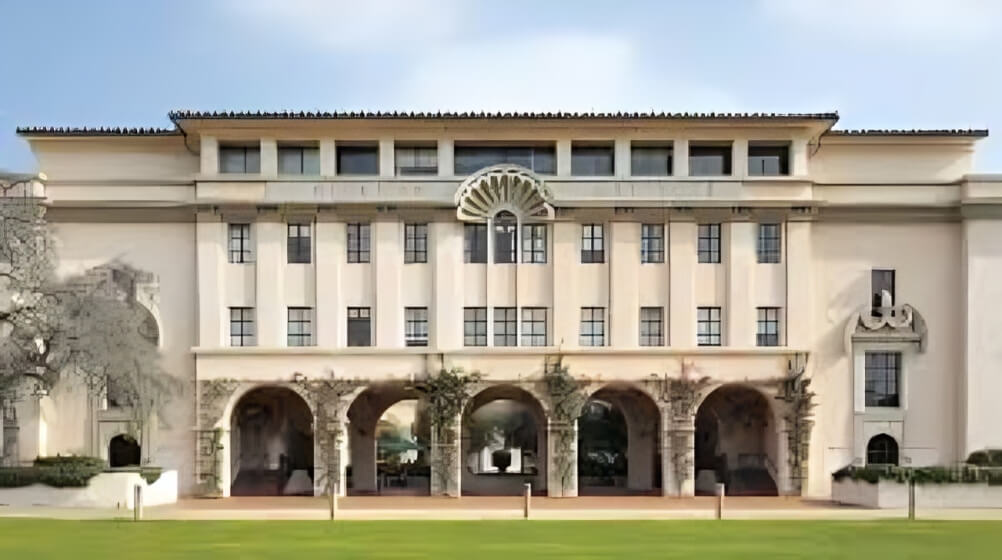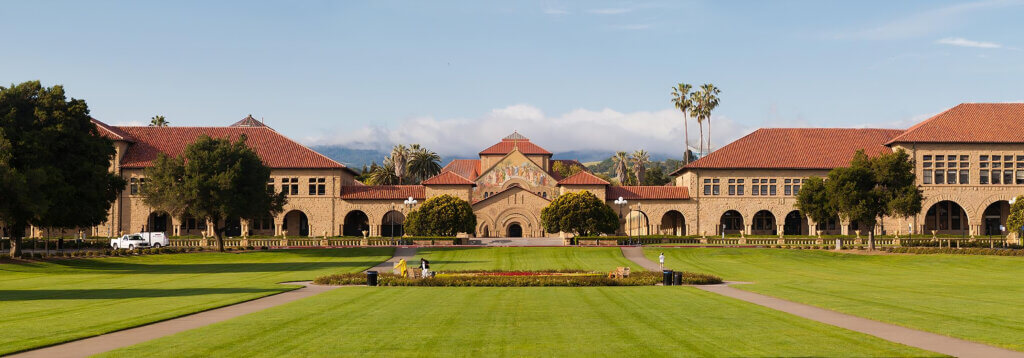The University of Pennsylvania, commonly referred to as Penn, is one of the oldest and most prestigious universities in the United States. Located in the heart of Philadelphia, Pennsylvania, this Ivy League institution has a rich history, diverse academic programs, and a vibrant campus culture that continues to attract students from around the world.
A Brief History of Penn
Founded in 1740 by Benjamin Franklin, the University of Pennsylvania has a storied past rooted in innovation and education. Franklin envisioned an institution that would combine practical skills with classical education, preparing students not just for a profession but for life. His influence is still felt on campus today, as Penn continues to emphasize interdisciplinary learning, combining theory and practice across a wide range of academic disciplines.
Penn is a founding member of the Ivy League, a group of eight private colleges in the Northeastern United States known for their academic excellence, selective admissions, and historical significance. Over the centuries, Penn has become a leader in fields such as business, law, medicine, and the social sciences, consistently ranking among the top universities in the world.
Academic Excellence
One of the defining characteristics of the University of Pennsylvania is its commitment to academic rigor and innovation. The university offers more than 90 undergraduate majors and 100 graduate and professional programs through its twelve schools. Some of the most renowned schools at Penn include the Wharton School, the Penn Law School, and the Perelman School of Medicine.
The Wharton School, established in 1881, was the world’s first collegiate business school and remains one of the top-ranked business programs globally. It offers undergraduate, MBA, and doctoral programs that focus on leadership, entrepreneurship, finance, and more. Many of the world’s most successful business leaders and entrepreneurs are Wharton alumni, including Elon Musk and Warren Buffett.
Penn’s interdisciplinary approach allows students to take courses across different schools, enabling them to tailor their education to their interests and career goals. This academic flexibility is one of Penn’s most appealing features for prospective students.
Campus and Student Life
Penn’s campus is located in the University City neighborhood of Philadelphia, providing students with the best of both worlds—a tight-knit college community within a major urban center. The 300-acre campus features a mix of historic buildings and state-of-the-art facilities, including world-class libraries, research centers, and athletic facilities. Iconic spots on campus include the Fisher Fine Arts Library, Locust Walk, and the Penn Museum.
The university fosters a dynamic student life with over 450 student-run organizations, ranging from cultural and academic clubs to social and service-oriented groups. Greek life is also a prominent aspect of Penn’s social scene, with a number of fraternities and sororities active on campus. Additionally, Penn’s commitment to community service is reflected in its many volunteer programs and its engagement with the greater Philadelphia community.
Conclusion
The University of Pennsylvania’s combination of academic excellence, rich history, and vibrant campus life makes it one of the top universities in the world. Whether you’re drawn to its cutting-edge research opportunities, its renowned professional schools, or its bustling student life, Penn offers something for everyone. Located in the vibrant city of Philadelphia, Penn provides a unique educational experience that prepares students for success in a rapidly changing world.




















